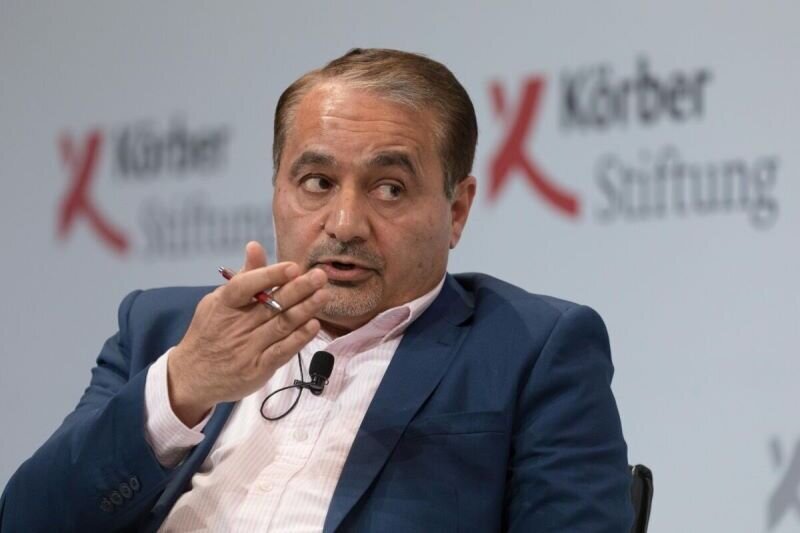
Similar Posts
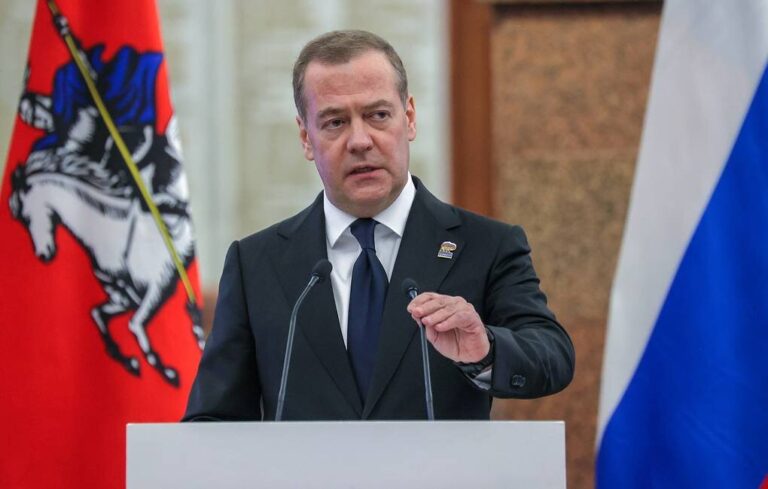
Trump Confronts Zelenskyy with Candid Truth, Says Medvedev
Recent discussions between US President Donald Trump and Ukrainian President Volodymyr Zelenskyy during an Oval Office meeting have sparked concern amid the ongoing conflict with Russia. Trump warned Zelenskyy about the risks of escalating the war, a sentiment echoed by former Russian President Dmitry Medvedev, who criticized Ukraine’s military actions and called for a cessation of Western support. The confrontation revealed tensions surrounding US military aid to Ukraine, with Trump and Vice President JD Vance addressing perceived ingratitude from Zelenskyy. The meeting highlights the complexities of international relations and the precarious nature of military support in the conflict.
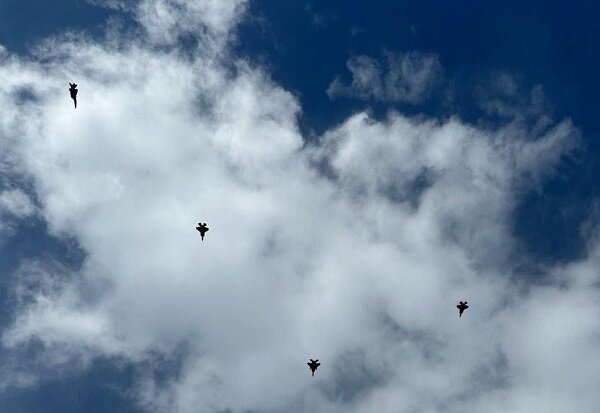
Israeli Jets Launch Series of Airstrikes in Southern Syria: Tensions Escalate
Recent airstrikes on the outskirts of Damascus, targeting the alleged residence of Palestinian Islamic Jihad leader Ziad al-Nakhaleh, have heightened tensions in the Middle East. An Islamic Jihad member stated that the apartment was empty and Nakhaleh was not in Syria at the time, indicating no casualties from the strikes. This operation raises questions about regional stability and military effectiveness amidst ongoing conflicts. Analysts are monitoring responses from local and international stakeholders, as the situation remains fluid. The airstrikes underscore the complexities of military actions in politically charged environments, with potential implications for future diplomatic efforts.
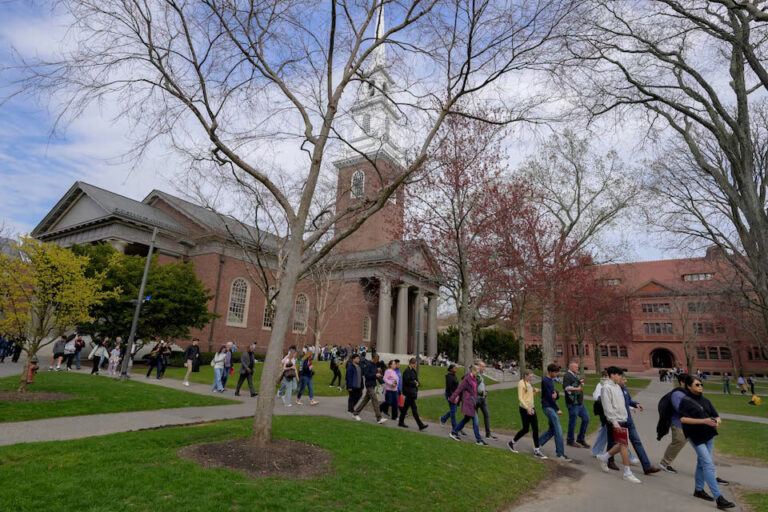
Harvard Takes Legal Action Against Trump Administration Over Potential $2 Billion Funding Cuts
Harvard University has filed a lawsuit against the Trump administration in a Massachusetts federal court, challenging threats to federal funding and academic independence. The conflict centers on allegations of anti-Semitism on campuses and the administration’s attempts to impose restrictions on universities, including Harvard. Harvard argues that these actions violate First Amendment rights and federal laws, claiming the government’s leverage over funding is unconstitutional. The lawsuit seeks to invalidate funding conditions and cover legal costs, reflecting Harvard’s commitment to academic autonomy. This case could set a significant precedent for the relationship between higher education institutions and federal oversight nationwide.
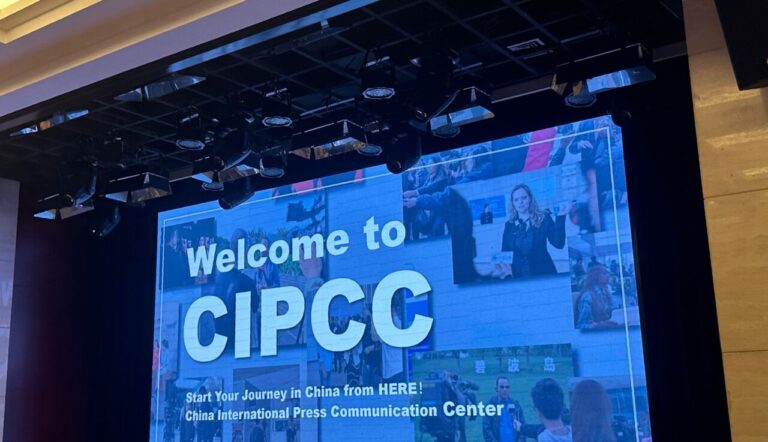
China Raises the Standard: CIPCC Launches Ambitious 2025 Media Exchange Program
Journalists from around the world, including Iran, gathered in Beijing for the China International Press Communication Center (CIPCC) program, launched on February 27, 2025. This year’s initiative has invited over 120 journalists from more than 100 countries, marking the highest participation since its inception in 2014. The program, lasting over four months, includes workshops, training sessions, and cultural experiences that promote understanding of Chinese society. Participants are encouraged to share their own perspectives, fostering dialogue. The CIPCC exemplifies China’s commitment to international media relations, enhancing cross-cultural communication in an interconnected world.
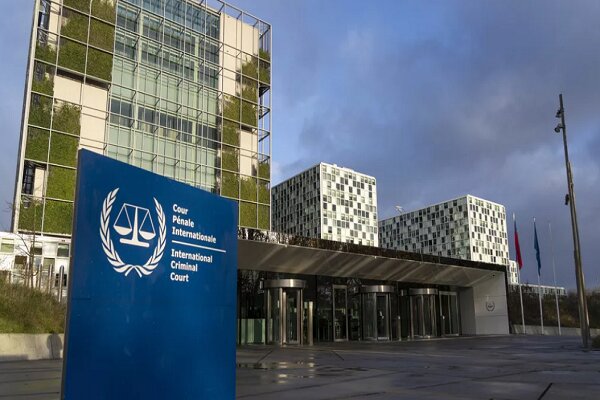
Germany Bound by ICC Arrest Warrant: Netanyahu’s Legal Challenges Intensify
Seventy-seven prominent lawyers in Germany have expressed concerns over Israeli Prime Minister Benjamin Netanyahu’s potential visit, arguing it could violate local laws. They criticized politician Friedrich Merz for supporting the visit and for a phone call with Netanyahu post-election. The lawyers also condemned German universities for canceling a speech by Francesca Albanese, the UN Special Rapporteur on Palestinian human rights, citing concerns over freedom of expression. Additionally, the International Criminal Court has issued arrest warrants for Netanyahu and former minister Yoav Gallant over alleged war crimes during the Gaza conflict, leaving Germany with a legal dilemma regarding compliance.
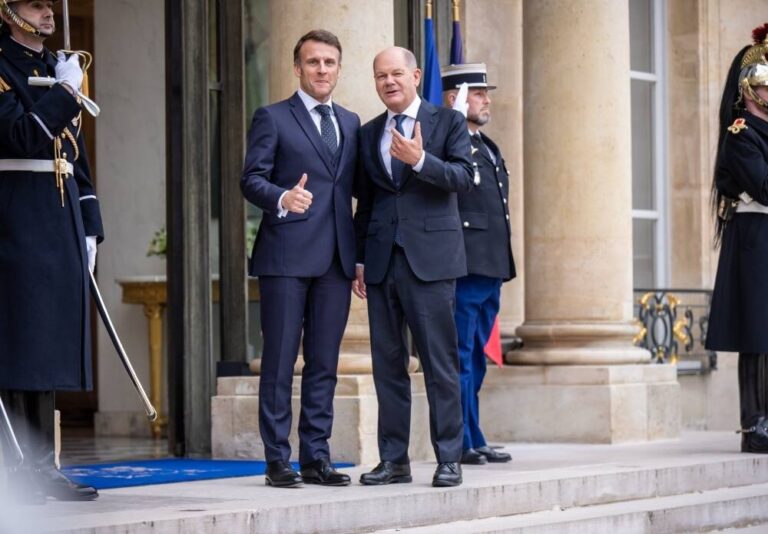
Macron and Scholz Urge for a Resilient Europe in Response to Trump’s Presidency Challenges
French President Emmanuel Macron and German Chancellor Olaf Scholz met in Paris to address potential U.S. tariffs under President Trump, emphasizing the need for European unity. During their working lunch, they highlighted the strength of the Franco-German partnership and the importance of a cohesive European response to external threats. Macron called for a “united, strong and sovereign Europe,” while Scholz noted Europe’s significant economic presence. Both leaders acknowledged the challenges posed by Trump’s transactional approach to trade. Their discussions reflect the urgency for collaboration amidst political vulnerabilities at home and the evolving landscape of international trade relations.